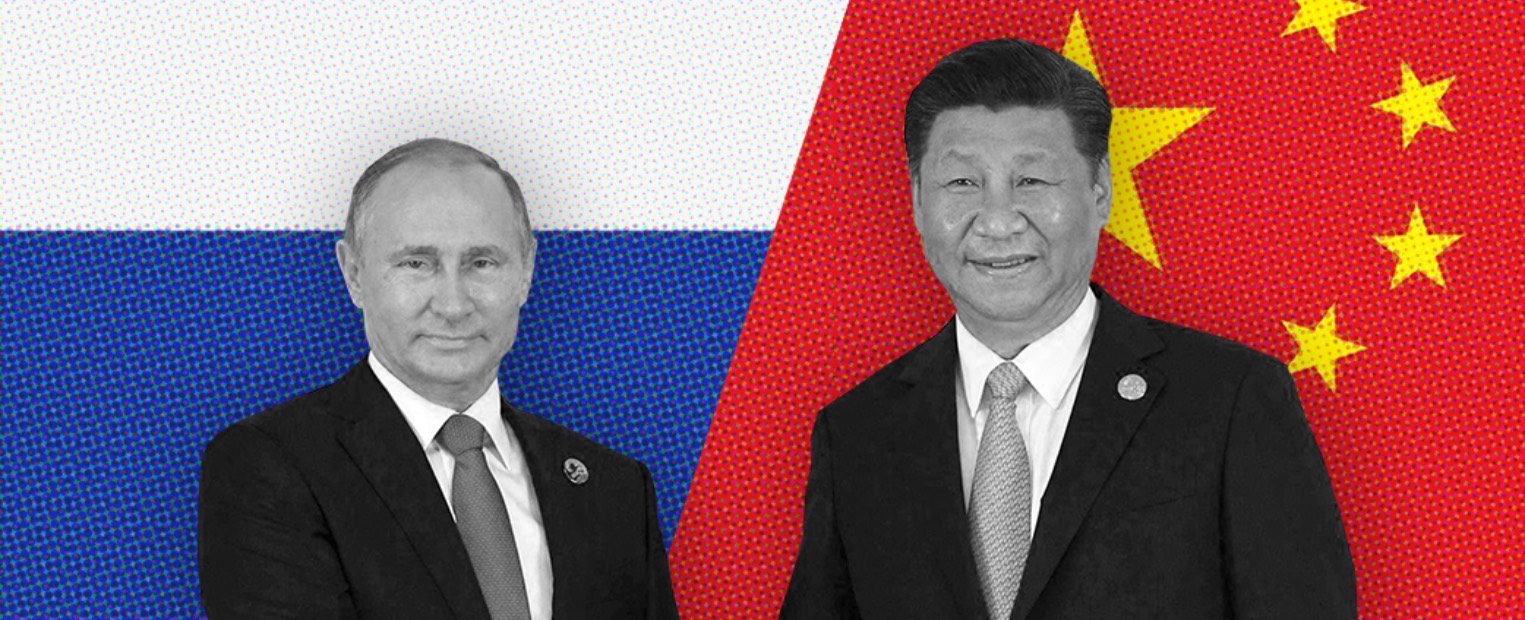This story originally appeared in the Winter 2018 issue of TCU Magazine.
Scholars visiting the archives in Moscow must follow the Kremlin’s strict rules. Permission must be granted in advance, and Russian authorities decide which documents are released. Cameras and scanners are forbidden. Photocopies are nearly impossible to obtain.
With only pen and paper, Kiril Tochkov made a startling discovery. “For a month and a half, I was writing like the medieval monk that was copying the Bible,” said the associate professor of economics, who scoured historic documents for his research on Sino-Russian relations with Carrie Liu Currier, associate professor of political science and director of Asian Studies.
Tochkov uncovered secret communications that illuminate the fragile relationship between Russia and neighboring China. In the 1950s and ’60s, Soviet diplomats in Beijing were listening to every speech given by Chinese leaders. They expected to hear some gratitude for Soviet efforts that helped launch industrialization and modernize the People’s Republic of China.
“The Soviet ambassador or Soviet diplomat would count how many times he heard ‘thank you’ to the Soviet Union for economic help,” Tochkov said. “For example, he would say that ‘In a speech that lasted for 40 minutes, the Chinese leader mentioned the Soviet Union only three times,’ or, ‘He would not mention the economic help we provided at all.’ ”
A snub was relayed back to the Soviet Foreign Ministry, Tochkov said. “They said it is very sad that our Chinese comrades were not expressing enough or sufficiently often enough the economic help that the Soviet Union was providing.”
The sensitivity shown by the Soviets was “constant, appearing in almost every document” from that era, he added. “That is an indication that there was a worsening [relationship] between the two countries.”
